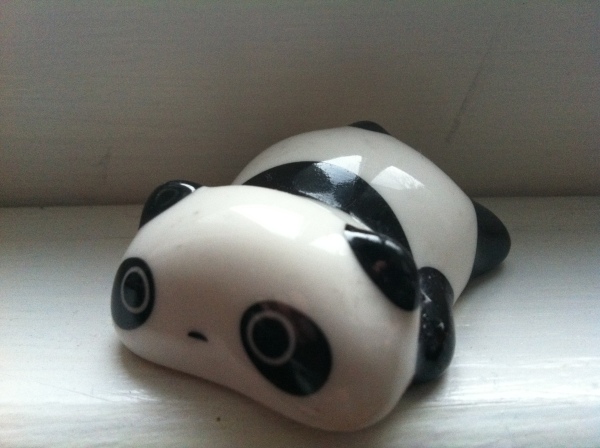“You look great!”
Many days, I wince when someone says that to me. I want to shout in frustration “I FEEL AWFUL!” And when I try to explain, I want to hear “I believe you”—not “But really, you do look great!”
I’ve felt hurt because even those closest to me don’t see my suffering sometimes. But I’m realizing it’s hard for them to believe how awful lyme can be if I don’t clue them in. Especially when it comes to pain.
Not long ago, my longtime neighborhood book group got together for a potluck dinner. I was just getting to the point in my recovery where I could leave the house occasionally. So I said I’d love to come if I felt okay. Especially because they let me off the hook when it came to cooking a contribution for the table, which I knew I couldn’t manage.
Happily, I made it to the dinner. A few days later someone sent around a photo that included me. By the time I checked my email, a couple of others in the picture had piped up, making jokes about how the picture should have been photo-shopped…the usual chatter of people who hate photos of themselves.
I’m usually one of them. But I opened the file and had to admit I looked, well—great. Yes, great.
The thing is, I felt like hell on the inside.
Continue reading →







